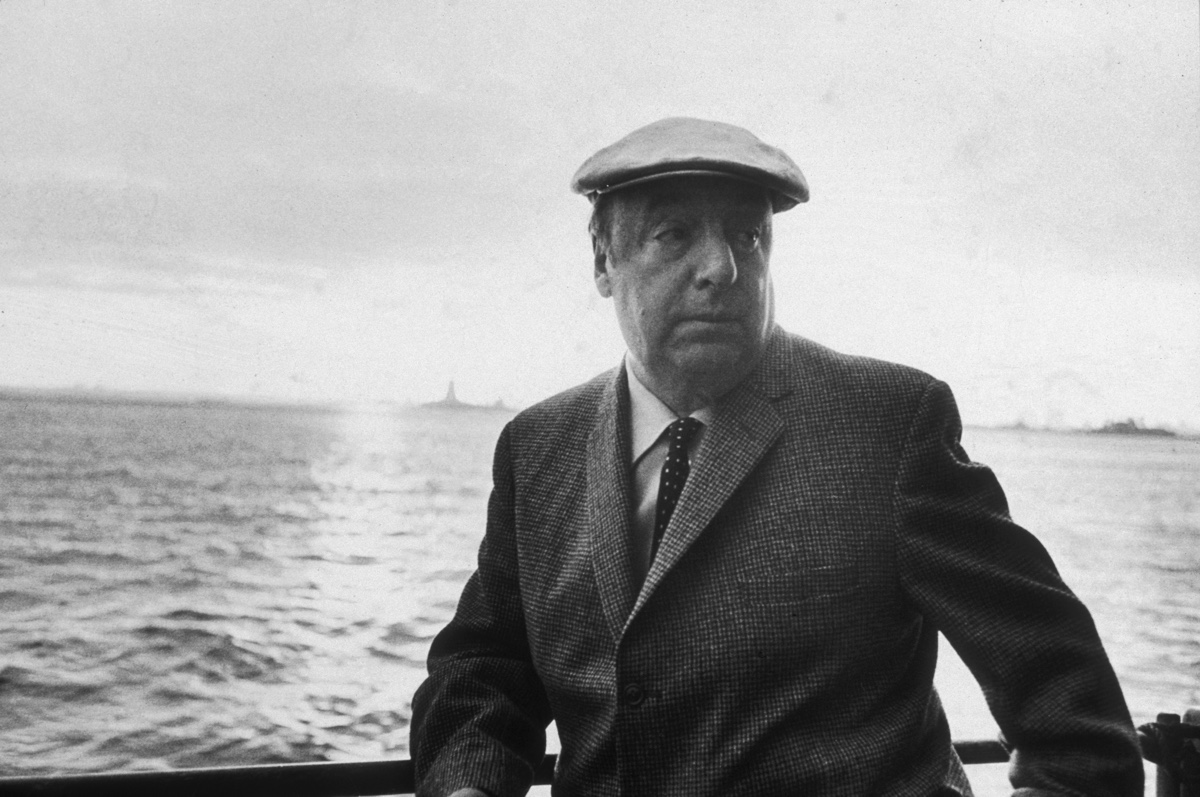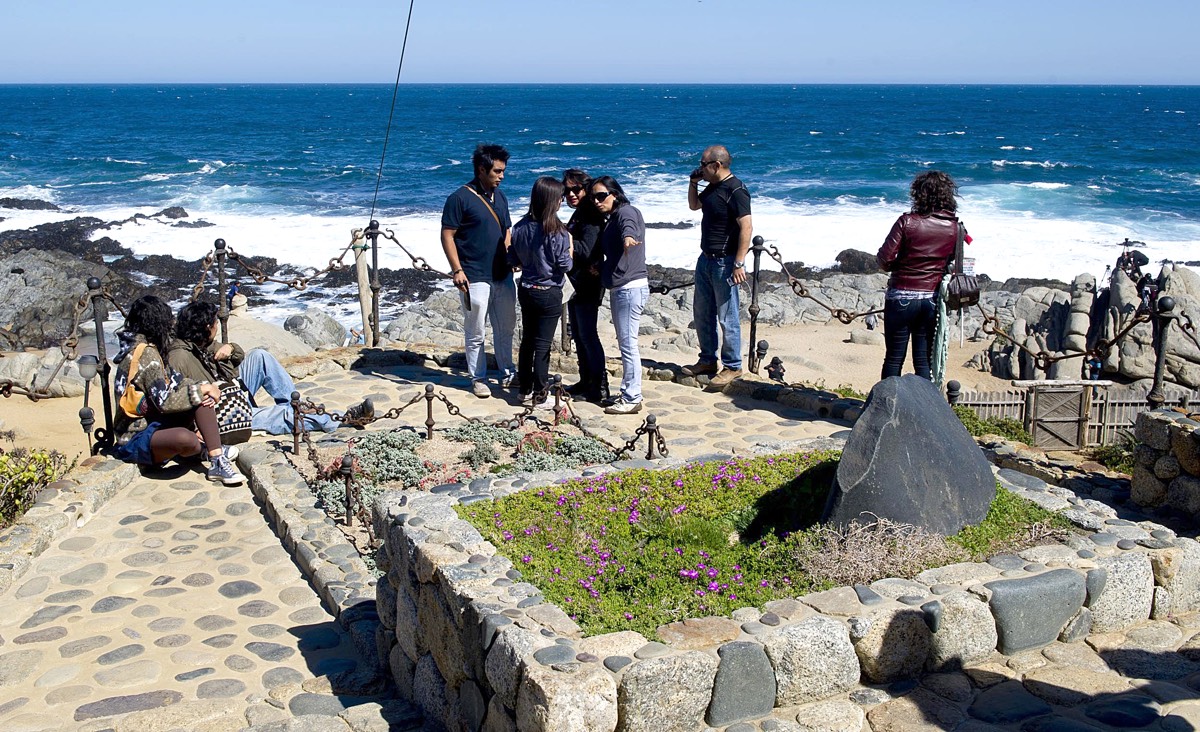Was Chilean Poet Pablo Neruda Murdered?

The Chilean poet Pablo Neruda did not die of prostate cancer, as listed on his official death certificate, a panel of forensic investigators has concluded.
Their findings might fuel speculations that Neruda was assassinated.
Neruda died in a hospital in Santiago at age 69 in September 1973, just days after the military coup that brought dictator Gen. Augusto Pinochet to power in Chile. Neruda, who was also a politician and a diplomat, had been a supporter of the deposed leftist president Salvador Allende.
In 2013, a Chilean judge ordered Neruda's remains to be exhumed for an investigation. Though Neruda's death certificate indicated he died of cachexia, or wasting syndrome associated with cancer, the poet's chauffeur told the Mexican magazine Proceso in 2011 that the Nobel laureate was murdered. Hours before his death, Neruda reportedly told the driver that he had been injected in the stomach with an unknown substance. [10 Mysterious Deaths and Disappearances That Still Puzzle Historians]
"The immediate cause of death, cachexia, cannot be correct," Niels Morling, a forensic geneticist at the University of Copenhagen, told Live Science in an email. "Neruda was an obese man, who should have been recommended a diet — the opposite of cachexia."
Samples of Neruda's remains were analyzed by Morling's lab in Denmark, and by the Ancient DNA Center at McMaster University in Canada, which usually examines much older human remains for traces of the Black Death, or deadly bacteria in ancient Troy. The researchers, who announced their initial findings at a news conference on Friday (Oct. 20), say they also found evidence of potentially dangerous bacteria in one of Neruda's molars.
Debi Poinar, a senior research fellow at McMaster, said the team will attempt to investigate the origin of the bacteria.
Get the world’s most fascinating discoveries delivered straight to your inbox.
"Bacteria are present everywhere, and one of the biggest challenges of this case is determining if the bacteria found in the remains stem from an endogenous source (coming from Pablo Neruda) or stem from the surrounding environment, or laboratory contamination," Poinar said in an email. She did also note that in burials, teeth provide a more protective environment than bones, which might more easily absorb microbes from the soil.
Both Morling and Poinar said it would be difficult to determine, solely from the scientific evidence, whether Neruda was murdered. (Poinar noted that's not the job of their committee anyway. "This will lay squarely in the hands of the magistrate," she said.)
But Morling did say that the case is looking increasingly suspicious.
"There are so many unexpected observations and reports," Morling said. Beyond the dangerous bacteria found in Neruda's tooth, Morling also listed "unacceptable medical neglect" that Neruda was subjected to, even by 1973 standards, circumstantial evidence by witnesses and written reports from a doctor, who never existed.
"There is no smoking gun," Morling said, "but the case stinks."
Original article on Live Science.




